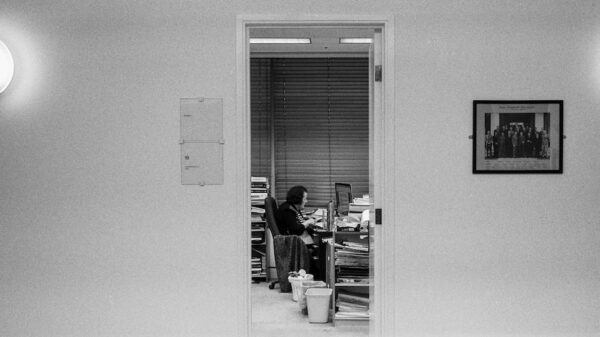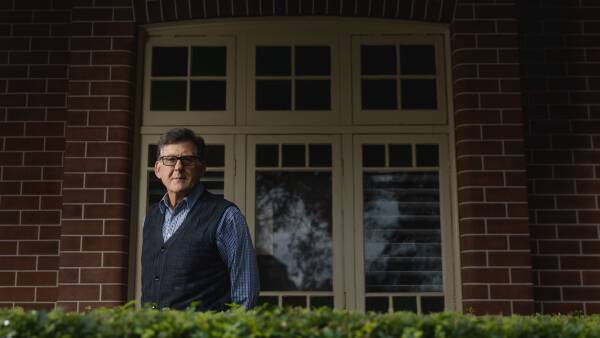BREAKING NEWS: Residents of Canberra are finding hope and connection in community clubs amid rising loneliness issues. As the city grapples with its reputation as “boring,” local initiatives are reshaping perceptions and fostering social interaction.
In a profound shift, Jamila Asfour, a member of The Canberra Girls Club, highlights how these “third spaces” are combating feelings of isolation. “It has been a privilege,” Asfour states, noting the club’s welcoming environment for those with disabilities. This sentiment echoes through the community as individuals seek refuge from the isolation that often defines life in the Australian capital.
Canberra’s “boring” label, often perpetuated by those outside the city, masks a deeper issue of social isolation felt by many residents. Asfour’s initial feelings of loneliness upon arriving in Canberra reflect a common struggle. She asserts that engaging in social activities has significantly boosted her mental and physical well-being since joining the club in July 2023.
The urgency for community connection has intensified, especially in light of a global loneliness epidemic. The World Health Organisation reports that around 16% of people worldwide experience loneliness, and recent figures indicate that 40% of Canberrans reported similar feelings earlier this year. While some progress has been made in reducing these numbers, many still seek solace in local gatherings.
Milica Muminovic, a senior lecturer at the University of Canberra, emphasizes that despite the city’s growth, accessibility to these vital third spaces remains a challenge. “The dispersed urban form presents challenges,” she explains, highlighting the need for more accessible community hubs.
Third spaces, including pubs, cafes, and parks, serve as essential venues for social interaction. They are not just physical locations but are integral to building meaningful connections. Community initiatives like The Girls Club Canberra are crucial, offering free events to foster engagement, especially for newcomers like Asha Patil, who moved from India in 2018. She shares, “It’s got me connections… I’ve met like-minded people,” a testament to the power of community.
As Canberra continues to evolve, questions arise about whether the city is adequately funding these essential spaces. Dr. Muminovic argues for the necessity of government programs to enhance community well-being, especially as apartment living becomes more prevalent. “It’s crucial for our government to develop more effective strategies to support community connectedness,” she states.
The push for community connection and support is stronger now than ever. As Canberra residents rally around initiatives like The Canberra Girls Club, they are reshaping the narrative surrounding their city and creating spaces where everyone can feel included.
WHAT’S NEXT: As local clubs and organizations continue to expand their offerings, residents are encouraged to engage and participate. Increased funding and support from the government could further enhance these community-building efforts. Stay tuned for more updates on how Canberra is transforming its social landscape.



































































